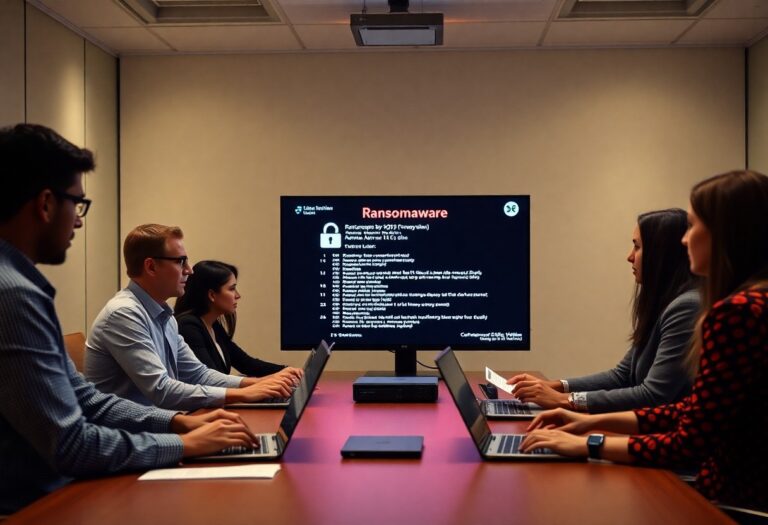In a world where financial crimes are evolving as quickly as technology, Anti-Money Laundering (AML) isn’t just a buzzword—it’s a critical defense mechanism for businesses, regulators, and economies.
Whether you’re in banking, FinTech, crypto, or real estate, understanding Anti-Money Laundering is no longer optional. Here’s a quick breakdown of what it is, why it matters, and how it’s shaping careers in compliance and finance.
What is Money Laundering?
Money laundering is the process of making illegally-gained money appear legal. It typically involves three stages:
- Placement: Introducing “dirty” money into the financial system.
- Layering: Obscuring the money trail through complex transactions.
- Integration: Reintroducing the funds into the economy as seemingly legitimate assets.
Scandals involving major financial institutions like Danske Bank or HSBC highlight just how serious the consequences can be when AML protocols fail.
AML Regulations: A Global Shield
Anti-Money Laundering laws vary by region but share a common goal: preventing the misuse of financial systems. Key global regulations include:
- FATF (Financial Action Task Force): Sets international AML standards
- BSA (Bank Secrecy Act): A U.S. regulation for monitoring suspicious financial activity
- AMLD (EU Anti-Money Laundering Directives): Guides Anti-Money Laundering efforts in the European Union
- PMLA (Prevention of Money Laundering Act): India’s primary AML framework
Most frameworks also emphasize KYC (Know Your Customer) and Suspicious Transaction Reporting (STR) to detect and report illicit activities.
AML/KYC in Bangladesh: A Growing Imperative
Bangladesh’s financial sector is expanding rapidly, especially in areas like mobile banking, digital finance, and cross-border transactions. With that growth comes greater risk.
Key concerns for Bangladeshi institutions include:
- High levels of remittance flows, which can be exploited without proper monitoring.
- Mobile Financial Services (MFS), which bring inclusion but also Anti-Money Laundering vulnerabilities.
- Pressure to comply with FATF recommendations and maintain a strong international reputation.
Strong AML/KYC policies are vital for maintaining the country’s reputation of its financial sector.
Financial institutions in Bangladesh are now investing in digital KYC systems, transaction monitoring tools, and regular employee training to strengthen their AML defenses.
Digital Evolution of Laundering
Today’s financial criminals use sophisticated tools and platforms, including:
- Cryptocurrencies for untraceable transactions
- Dark web to buy and sell illicit goods
- Online gaming and e-commerce to obscure illicit funds
Anti-Money Laundering professionals now require a mix of financial expertise and tech literacy to combat these digital threats.
Careers in AML: A Path with Purpose
With regulatory scrutiny increasing, AML compliance professionals are more in demand than ever. Whether you’re a finance graduate or a tech enthusiast, there’s a future for you in this field.
Top certifications include:
- CAMS (Certified Anti-Money Laundering Specialist)
- CFE (Certified Fraud Examiner)
- ICA Diplomas in AML & Compliance
Final Thought
AML isn’t just a regulatory checkbox—it’s a safeguard for financial integrity and national security. For countries like Bangladesh aiming for economic growth and global partnerships, strong AML frameworks are not just important—they’re essential.
Whether you’re building a FinTech startup in Dhaka or pursuing a compliance career, understanding AML is the foundation for sustainable success.








